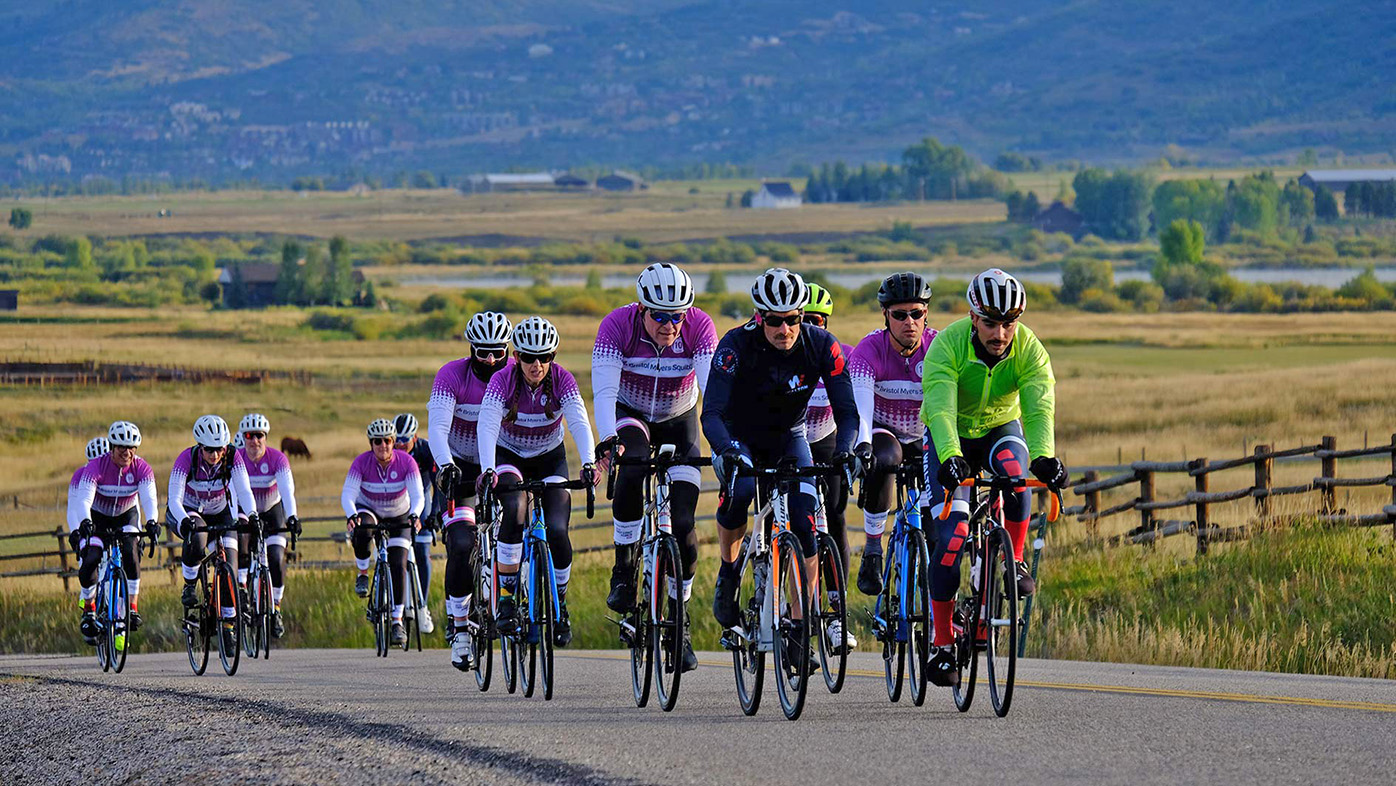
Gordon represented Bristol Myers Squibb last month at this premiere gathering of the country's most innovative companies and disruptive thinkers presented annually in Austin, Texas. While SXSW may seem an unusual arena for a biopharmaceutical company, it helps to understand the scope of the festival and why Bristol Myers Squibb was there.
Gordon attended for a very specific reason: Helping childhood cancer patients is one of Bristol Myers Squibb’ priorities.
“We’ve decided as a company to get much more engaged in the younger population to help provide solutions where there might not be any today,” he said.
This is only the second year that health has been a part of the extensive SXSW program. What began as a music and film festival expanded dramatically in recent years. With Mercedes Benz and Bud Light as two of the leading sponsors, SXSW has evolved into a giant networking platform that exposes attendees to a range of new ideas, products and people.






